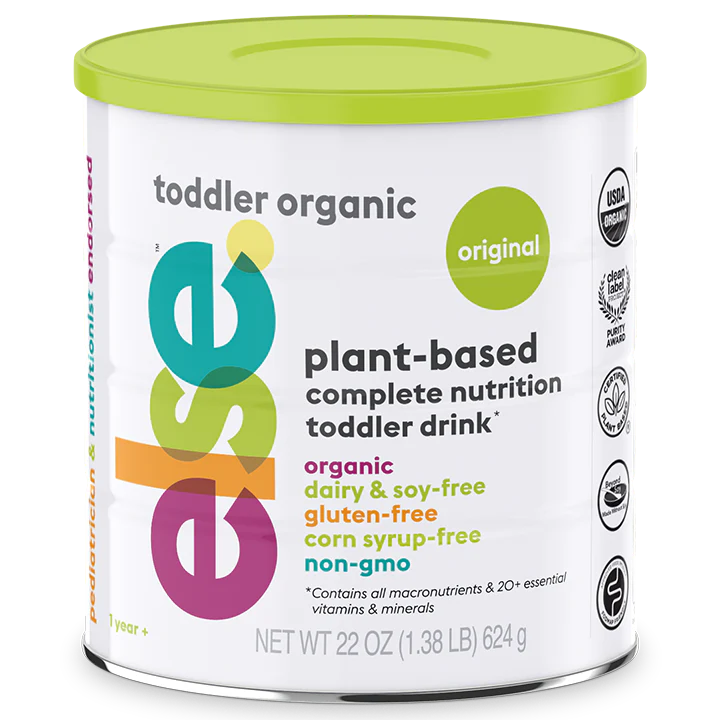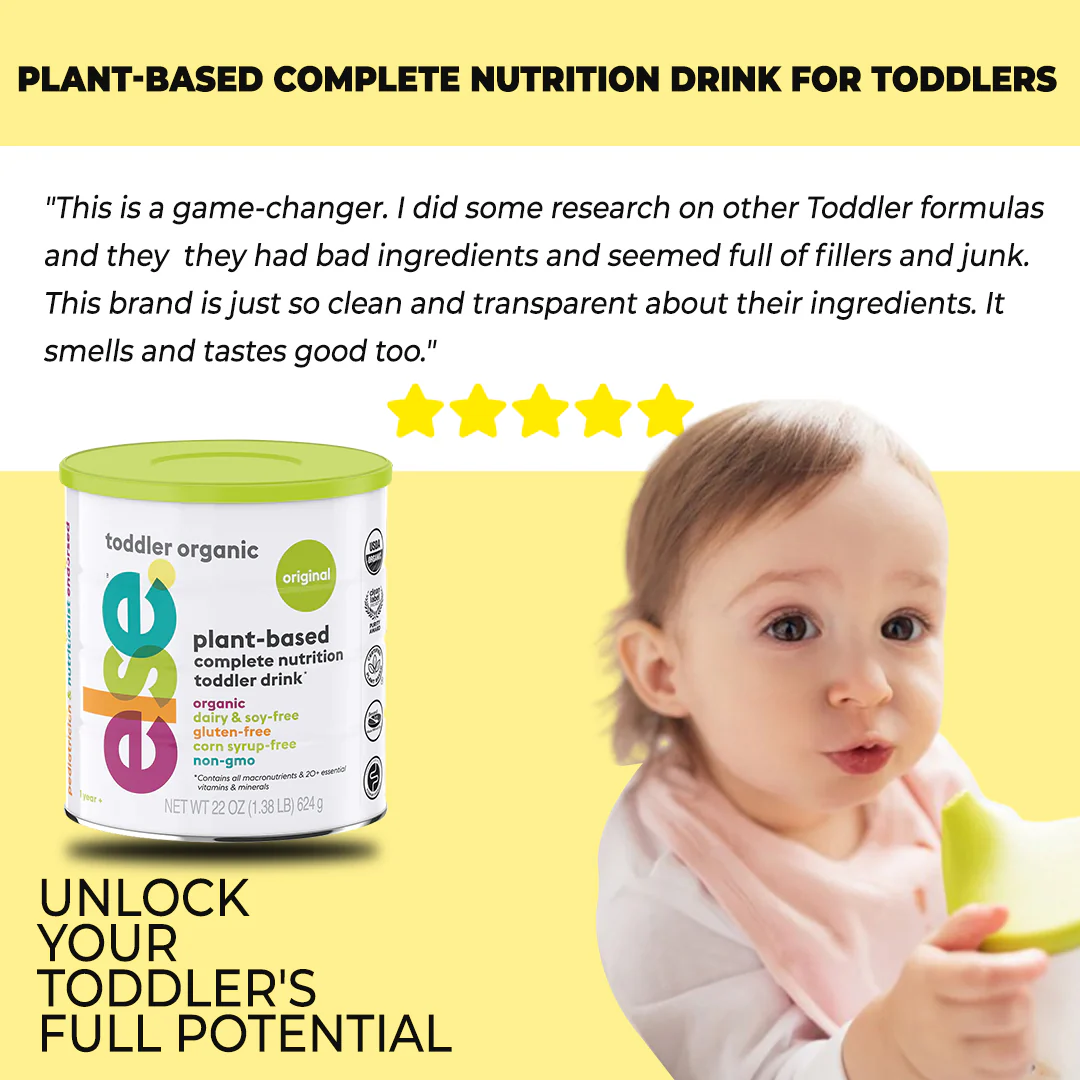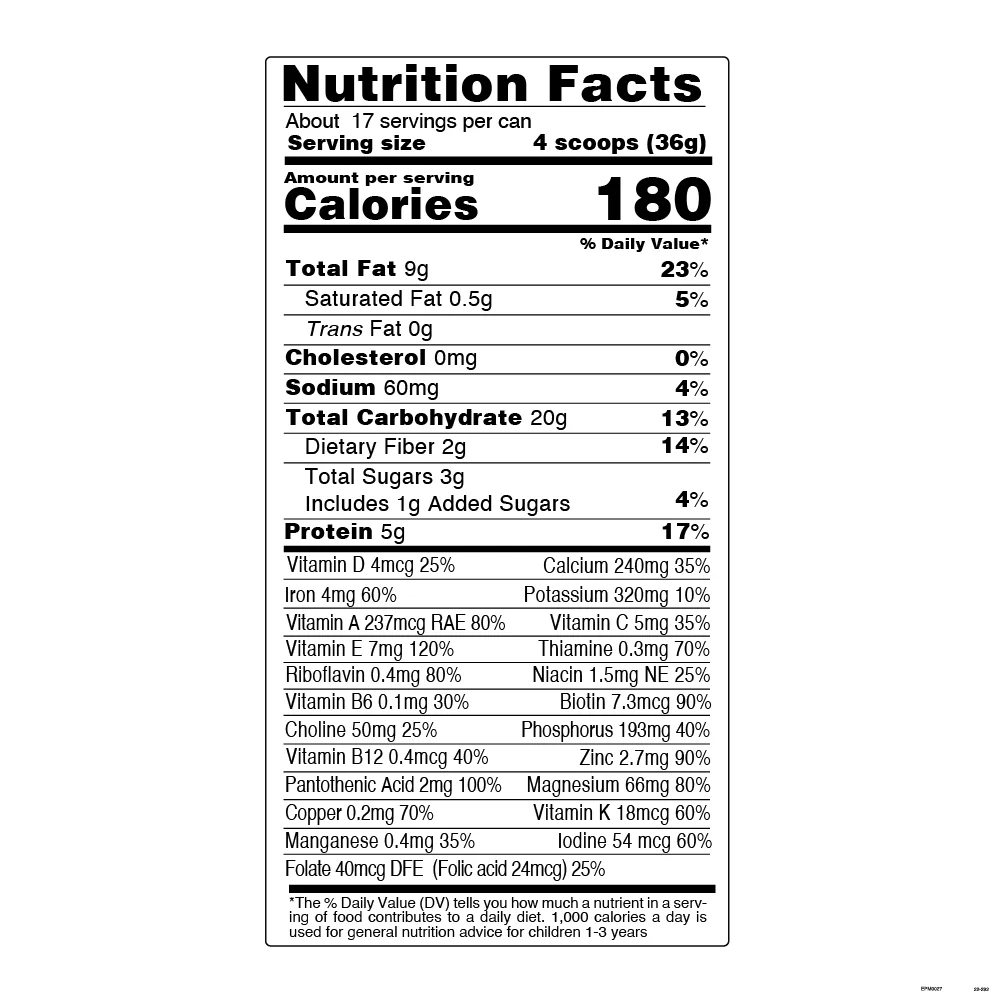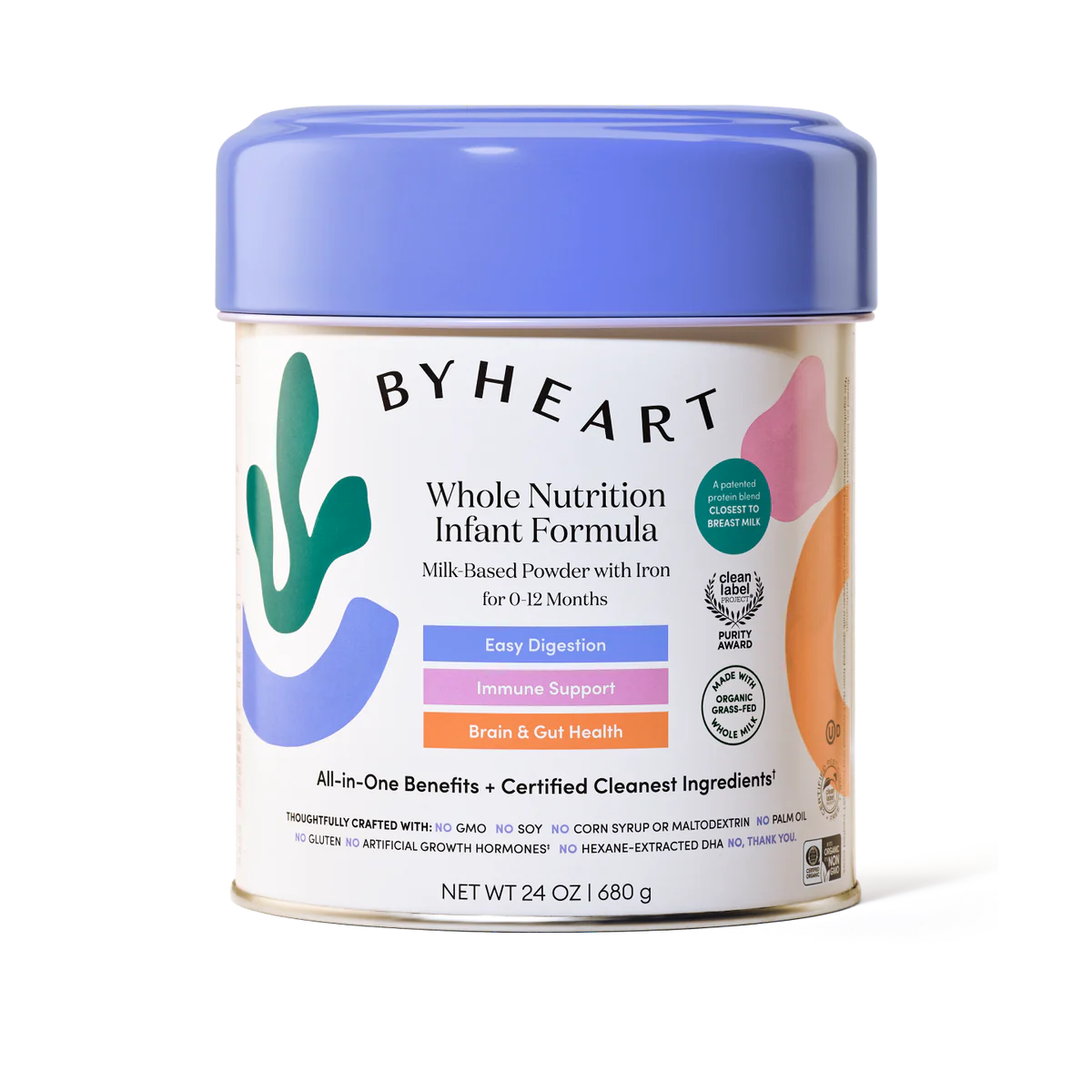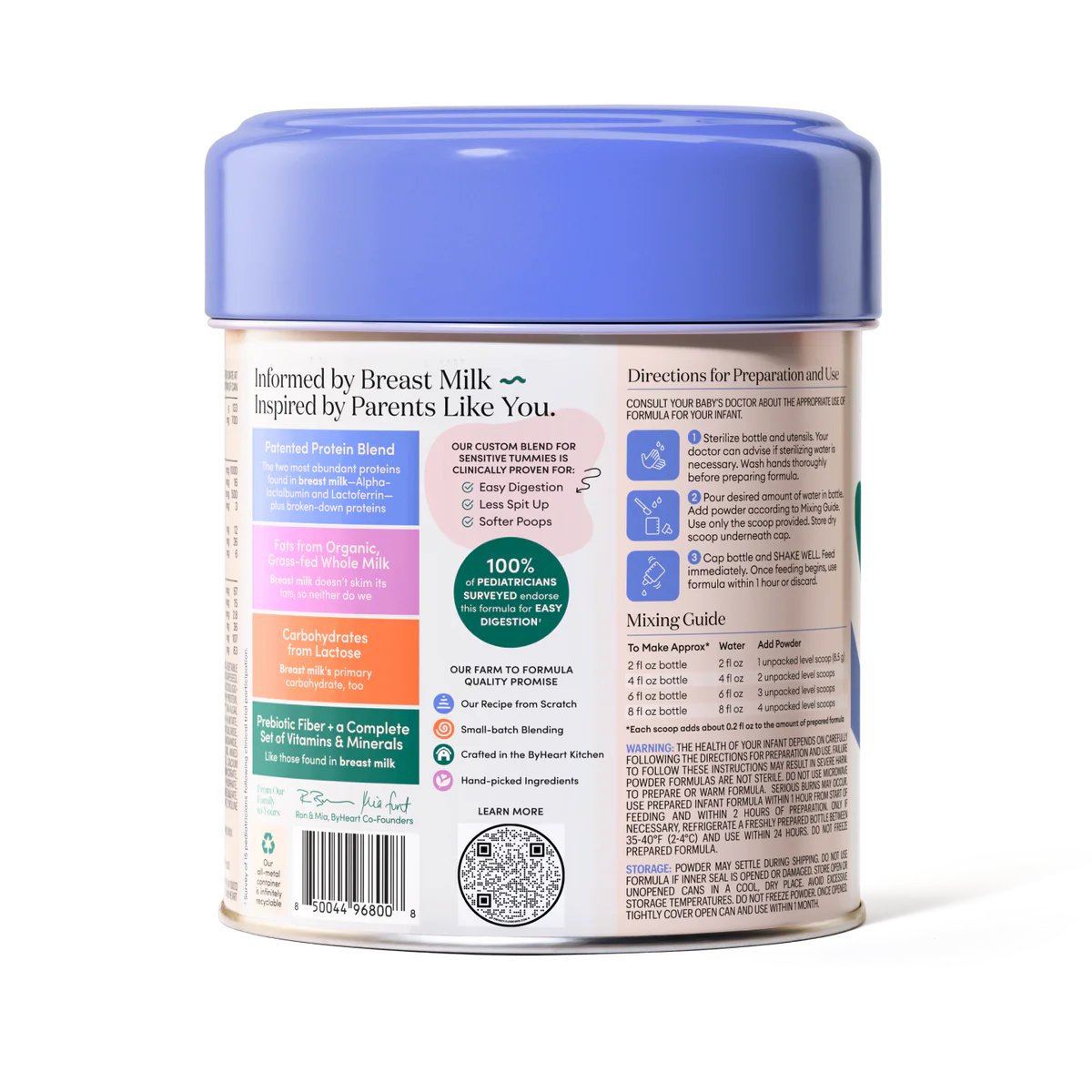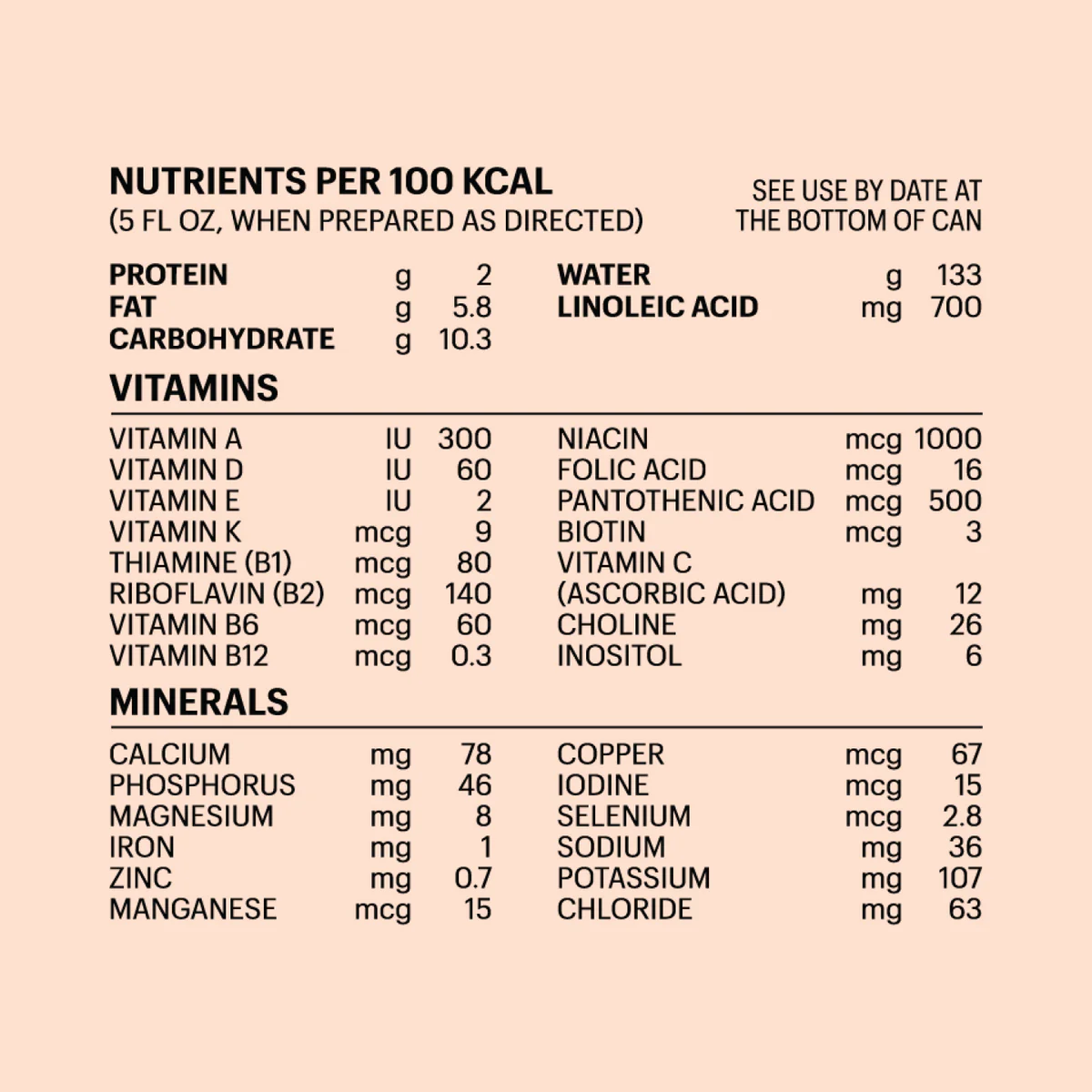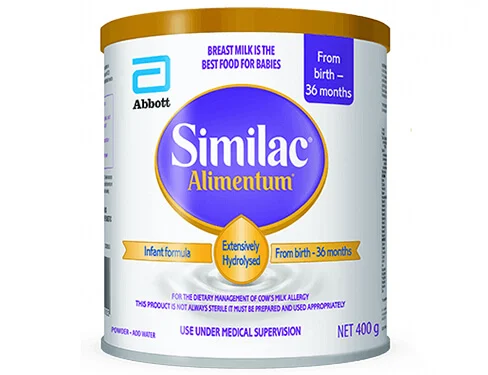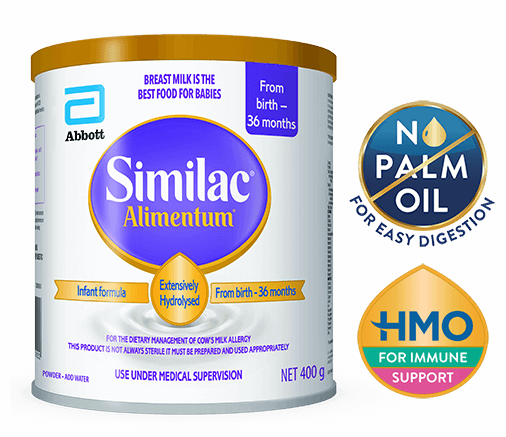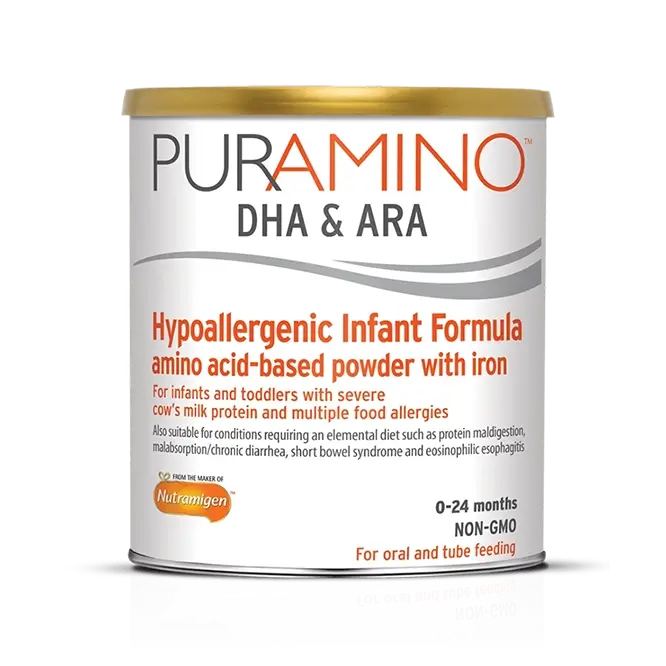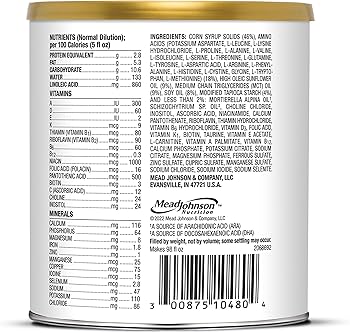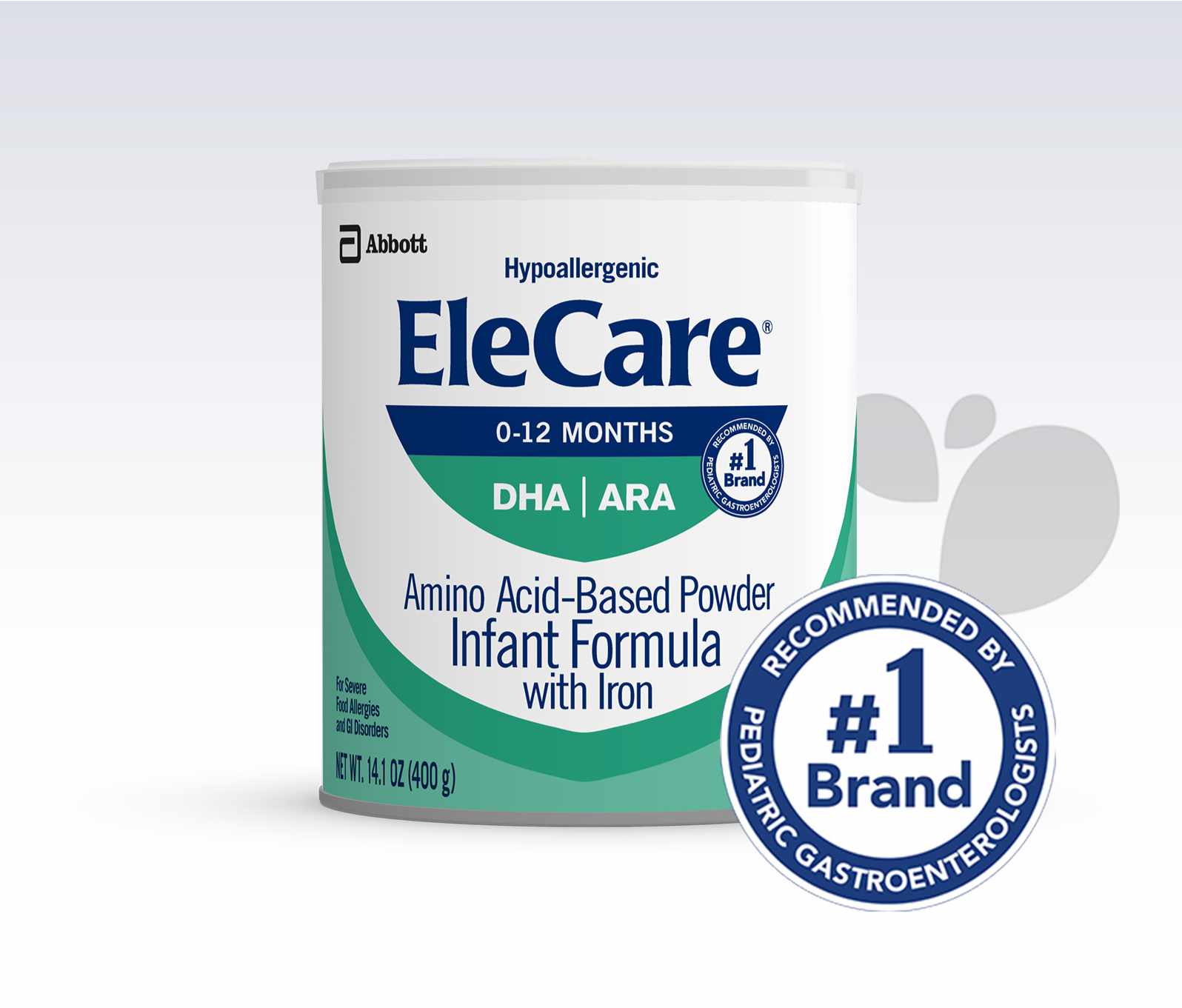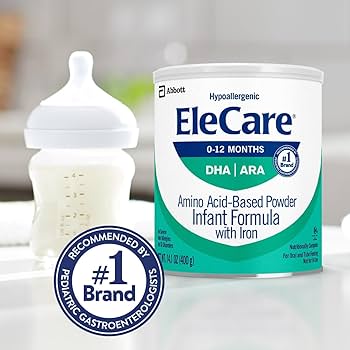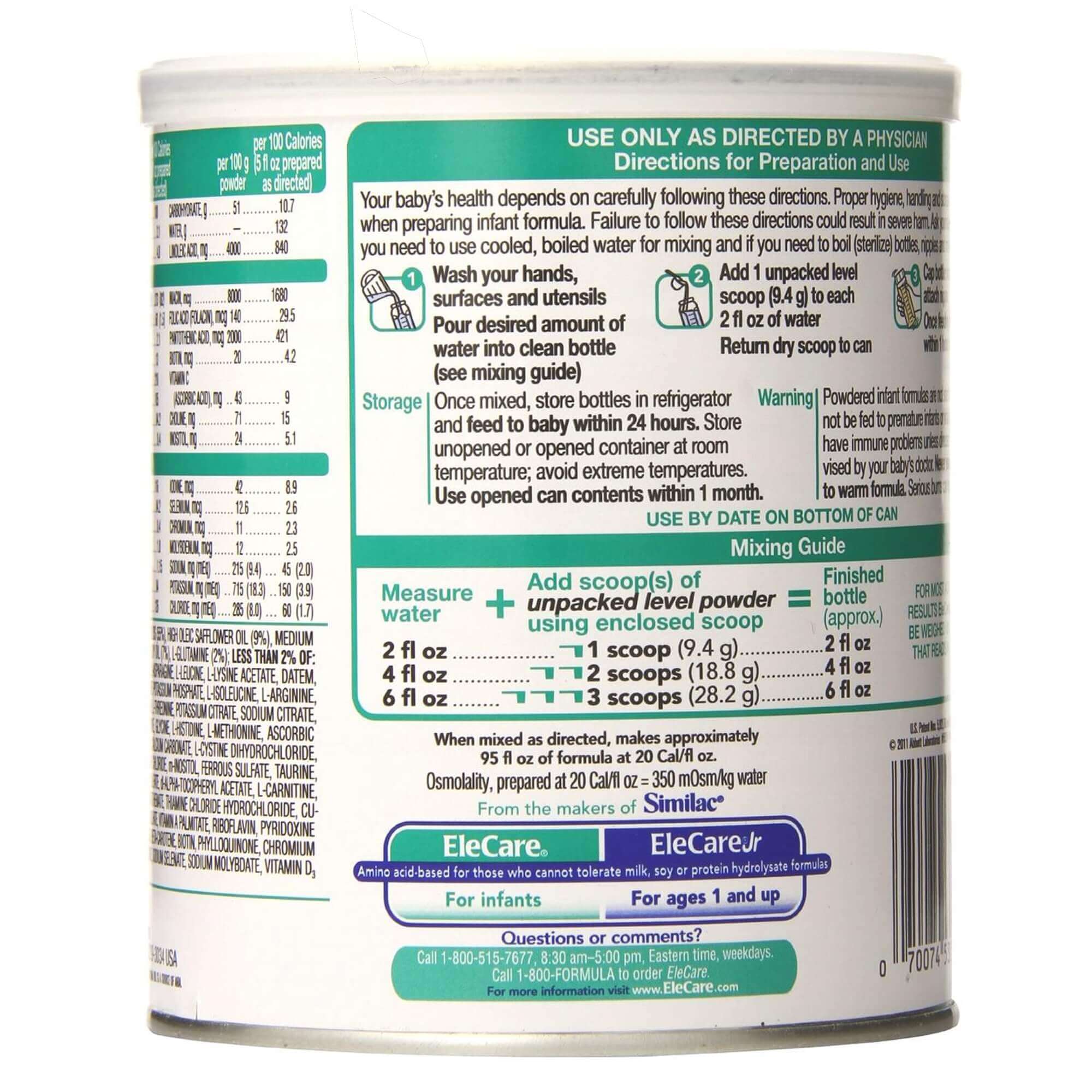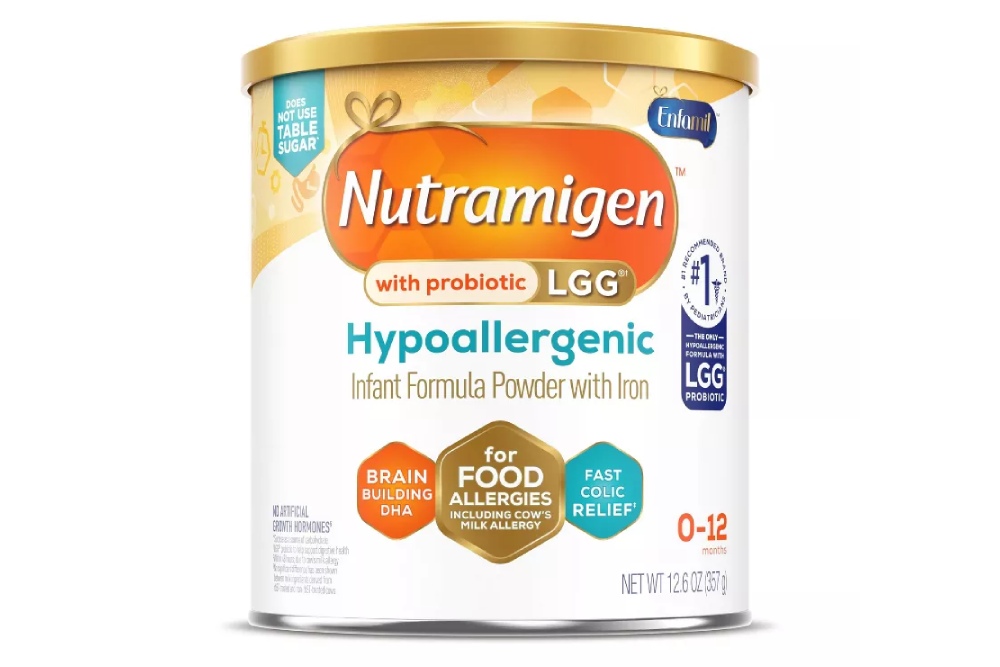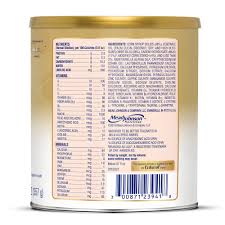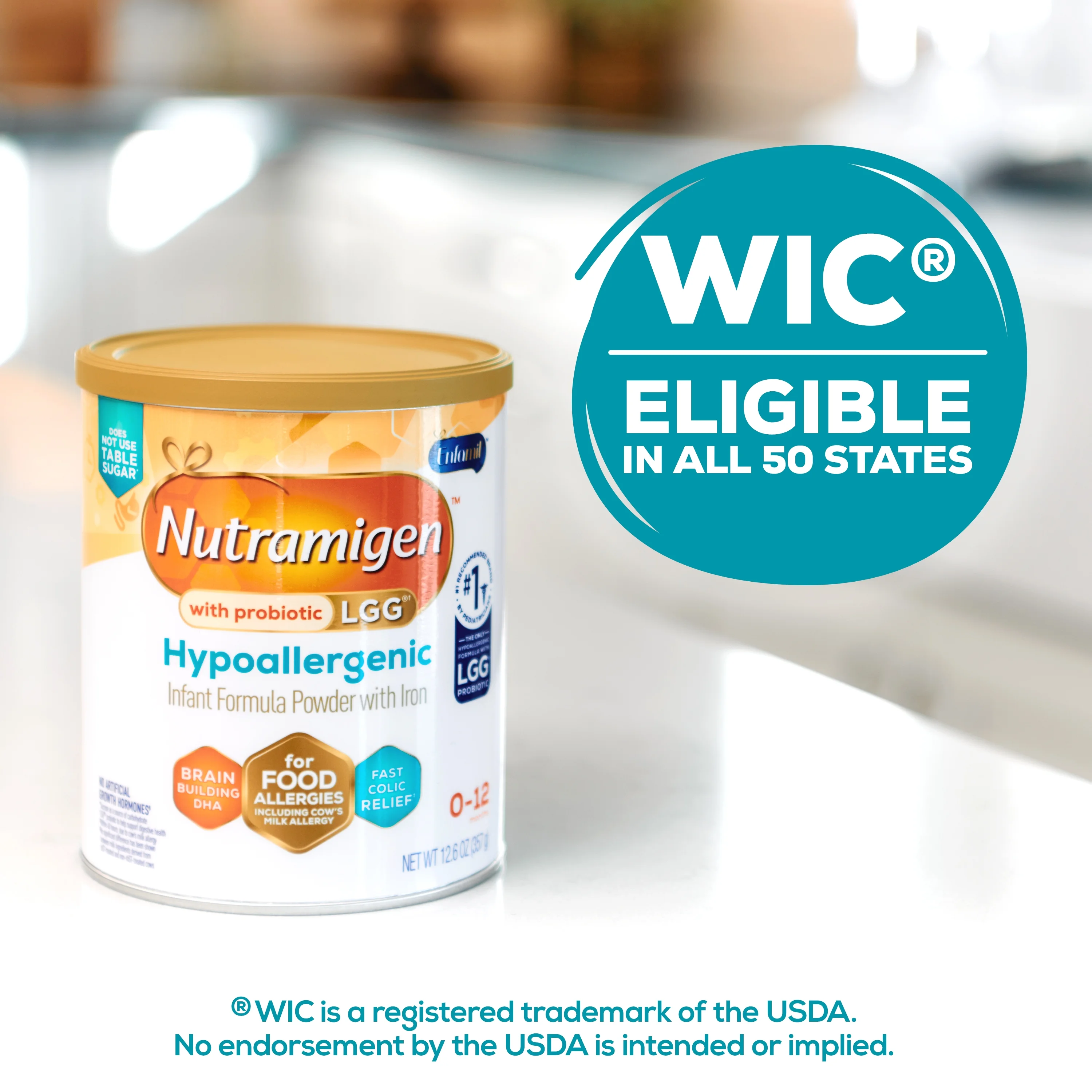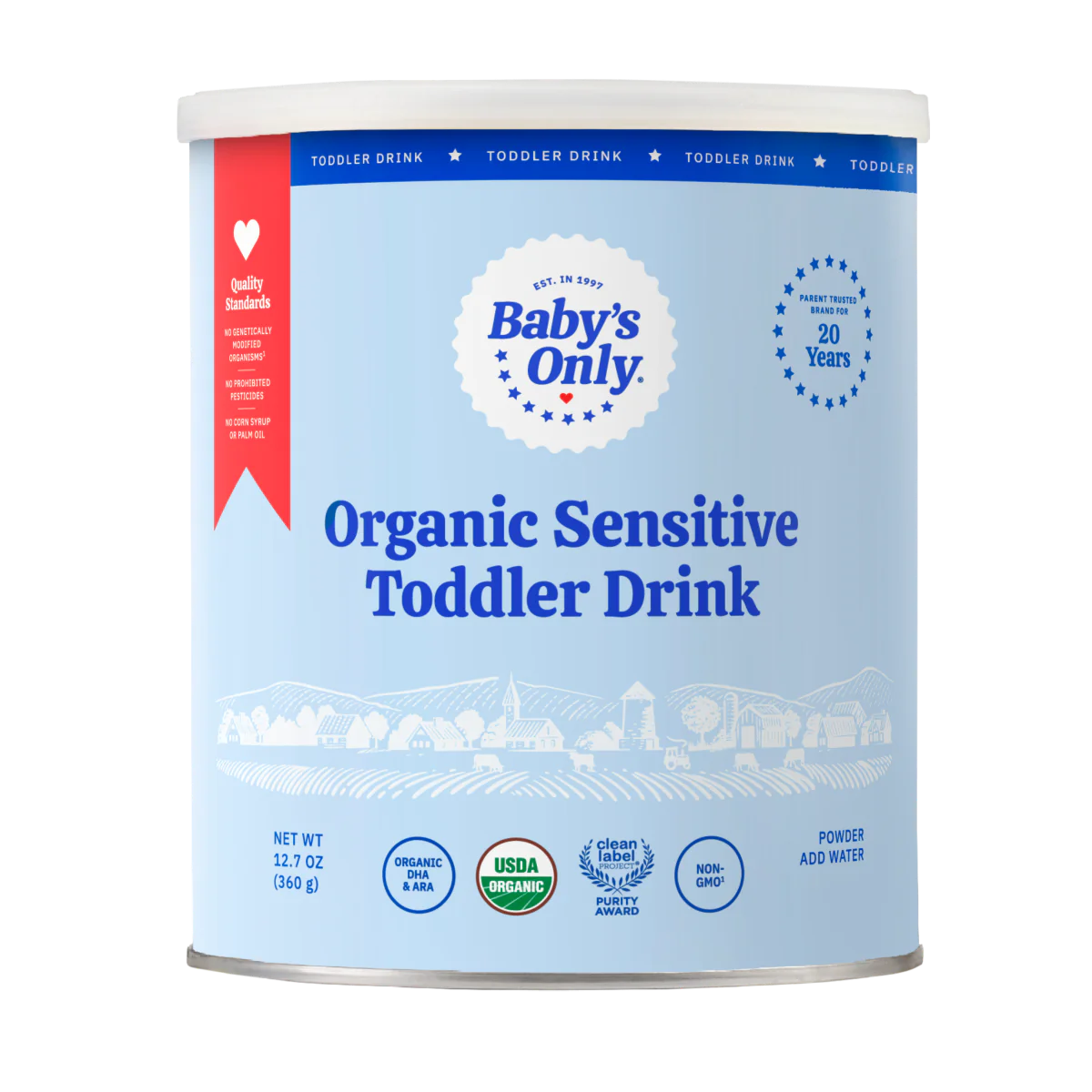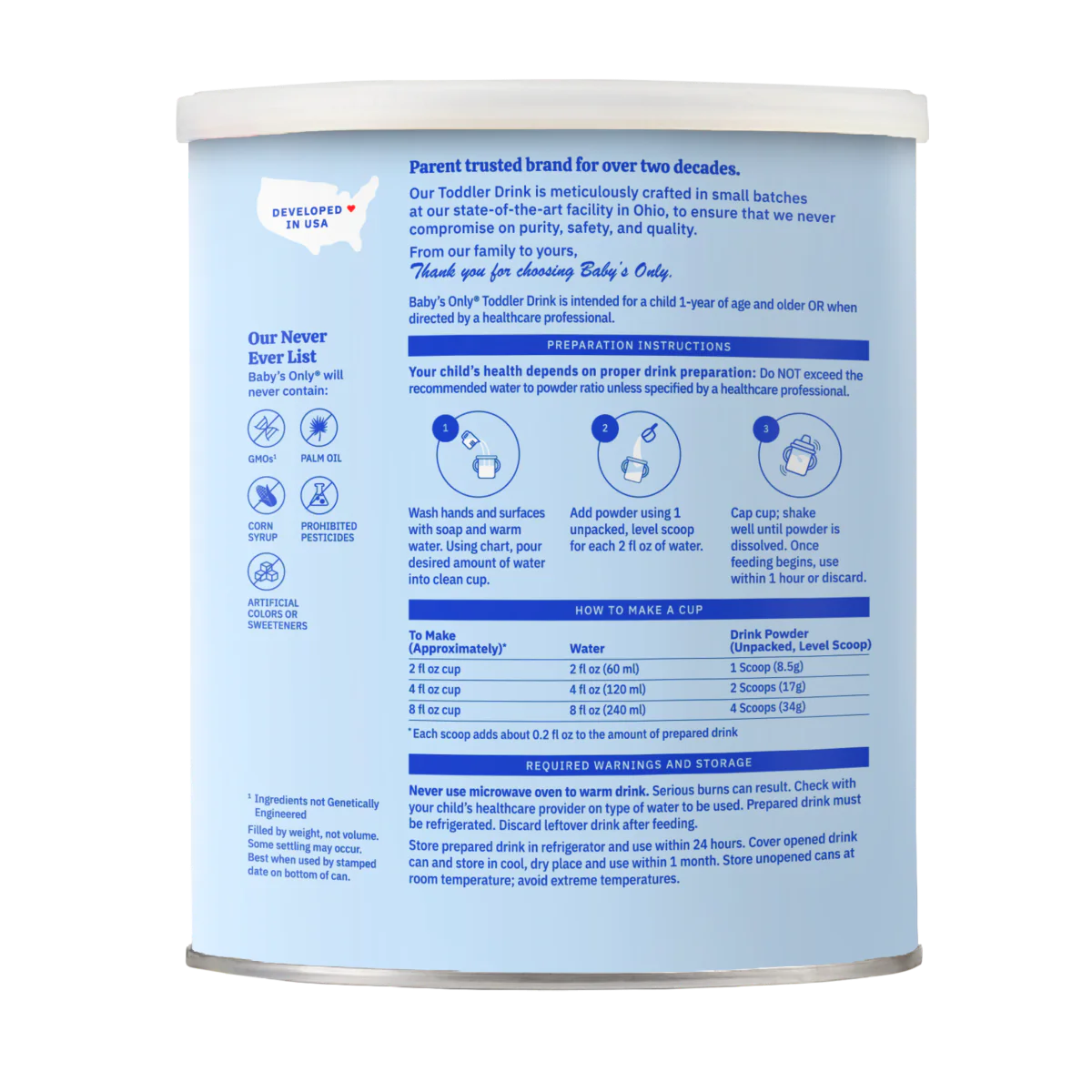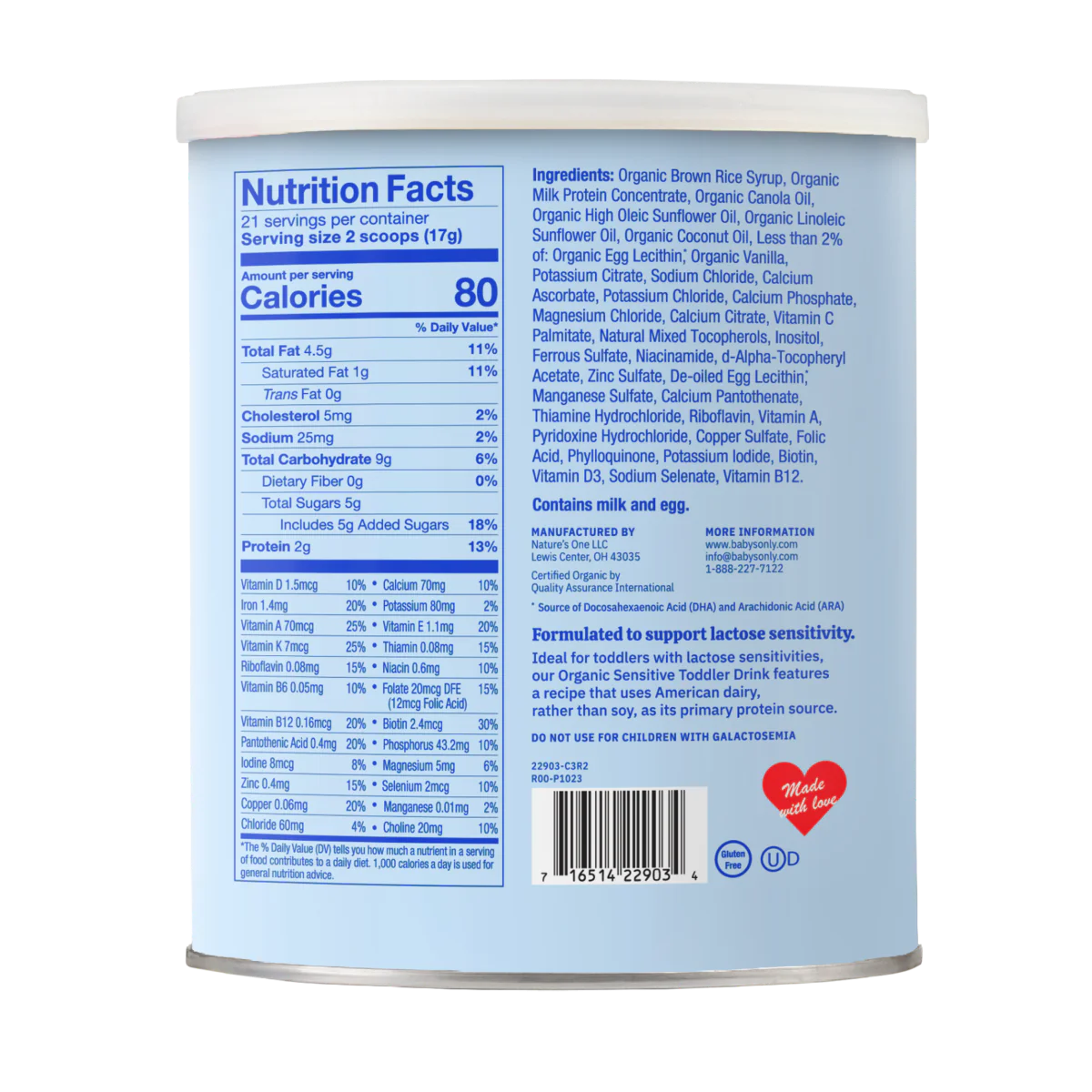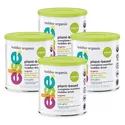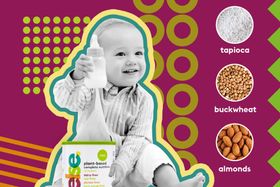7 Best Soy-Free Baby Formulas: Gentle on Your Baby's Digestive System
Explore gentle, nourishing formulas for a happier, healthier baby
Updated November 26, 2024
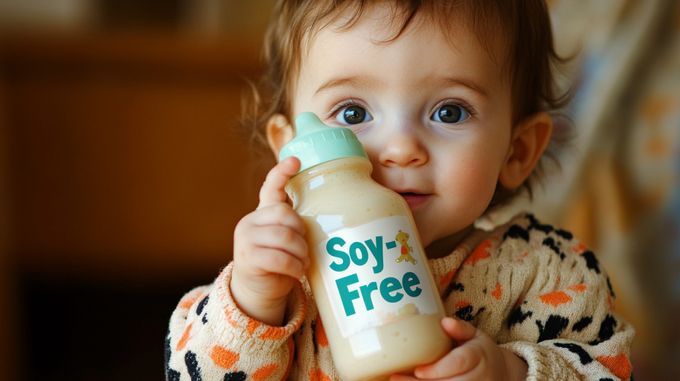
Your baby's digestive system is incredibly delicate. When standard formulas don't agree with their sensitive tummy, it can lead to discomfort, fussiness, and disrupted sleep.
A soy-free formula offers a gentle alternative. It provides the essential nutrients your baby needs without the potential irritants found in soy-based formulas.
» Prioritize your baby's well-being with a gentle, soy-free formula
Our Pick: Best Soy-Free Baby Formulas
- Best soy-free baby formula overall: Else Nutrition Plant-Based Complete Nutrition Formula
- Best soy-free baby formula that mimics breast milk: By Heart Whole Nutrition Infant Formula
- Best soy-free baby formula for multiple allergies: Similac Alimentum
- Best immune-boosting soy-free baby formula: PurAmino DHA & ARA Formula
- Best soy-free baby formula for sensitive tummies: Abbott Nutrition EleCare
- Best soy-free baby formula for colic and reflux: Enfamil Nutramigen with Probiotic LGG Formula
- Best lactose- and soy-free formula: Baby’s Only Organic Sensitive Toddler Drink
Understanding Soy Sensitivities in Babies
Many parents are surprised to learn how common soy sensitivities can be in babies. Soy allergies and intolerances can present through various symptoms:
- Hives or skin rashes that appear shortly after feeding indicate a potential allergic response to soy proteins.
- Breathing difficulties that can range from mild congestion to more serious respiratory challenges suggest a more severe allergic reaction.
- Digestive issues like vomiting, persistent diarrhea, and excessive gas can signal that your baby's system is struggling to process soy-based ingredients.
» Discover the signs that indicate feeding issues in your baby
Why Use Soy-Free Formulas?
Soy-free formulas have several advantages for infants with sensitive digestive systems:
- Balanced Nutrition: Soy-free formulas are carefully crafted to meet an infant's nutritional needs, providing essential proteins, carbohydrates, and fats in easily digestible forms.
- Reduced Allergenic Potential: These formulas significantly lower the risk of allergic reactions and digestive discomfort by eliminating soy proteins.
- Enhanced Digestibility: Many soy-free formulas incorporate hydrolyzed proteins, broken down into smaller, more easily absorbed elements that are gentler on an infant's developing digestive system.
» Ready to switch to from breastfeeding? Check out these healthy formulas
7 Best Soy-Free Baby Formulas
Is Soy Oil the Same As Soy Protein?
Soy proteins and soy oil are often confused, but they're different. While soy proteins can cause allergies and digestive problems, soy oil is generally better tolerated by infants.
But it's important to note that "tolerable" doesn't mean "optimal." Soy oil, though less allergenic than whole soy products, is highly processed and may contain inflammatory compounds. This makes it a less-than-ideal choice for infant nutrition, even for those without soy allergies.
» Tired of commercial formulas? Check out these alternatives
How to Choose a Soy-Free Formula
Selecting the right soy-free formula is a crucial decision that requires careful consideration. Here's what to consider:
- Ingredient Transparency: The formula should have a clear, concise ingredient list that features whole, recognizable components. Avoid formulas with complex chemical additives or overly processed ingredients. Look for formulas that explicitly state their protein and oil sources.
- Protein Source Quality: Opt for formulas with easily digestible protein sources to support optimal nutrient absorption. Partially hydrolyzed milk proteins, goat's milk proteins, or plant-based protein blends from peas and almonds are excellent choices.
- Plant-Based Advantages: These formulas are scientifically designed to reduce inflammatory potential and provide comprehensive nutrient delivery. They typically include essential amino acids, crucial fatty acids, and gut-supporting prebiotics and probiotics.
- Nutritional Completeness: Ensure the formula meets daily nutritional requirements. This includes a balanced ratio of macronutrients—protein, carbohydrates, and fats—and essential micronutrients such as Vitamin A, Vitamin D, iron, and calcium.
- Family Health History: When selecting a formula, consider your family's genetic profile. Food allergies, enzyme deficiencies, and digestive sensitivities can influence your baby's nutritional needs.
» Learn why plant-based formula helps your baby’s digestive system
A Gentle Approach to Infant Nutrition
Soy-free formulas aren't just for babies with diagnosed allergies—they're a thoughtful nutrition solution for every infant. While these formulas are particularly helpful for children with sensitivities, they offer advanced nutritional support that can benefit all babies.
If your baby struggles with traditional formulas or you're seeking a more natural approach, formulas like Else Nutrition' s Plant-Based Complete Nutrition Formula offers an alternative that supports optimal growth and digestive comfort.
The content and advice provided in this article are for informational purposes only and are not a substitute for medical diagnosis, treatment, or advice for specific medical conditions.
Always consult a pediatrician to understand your child's needs. The article expresses the views of the article's editor.







